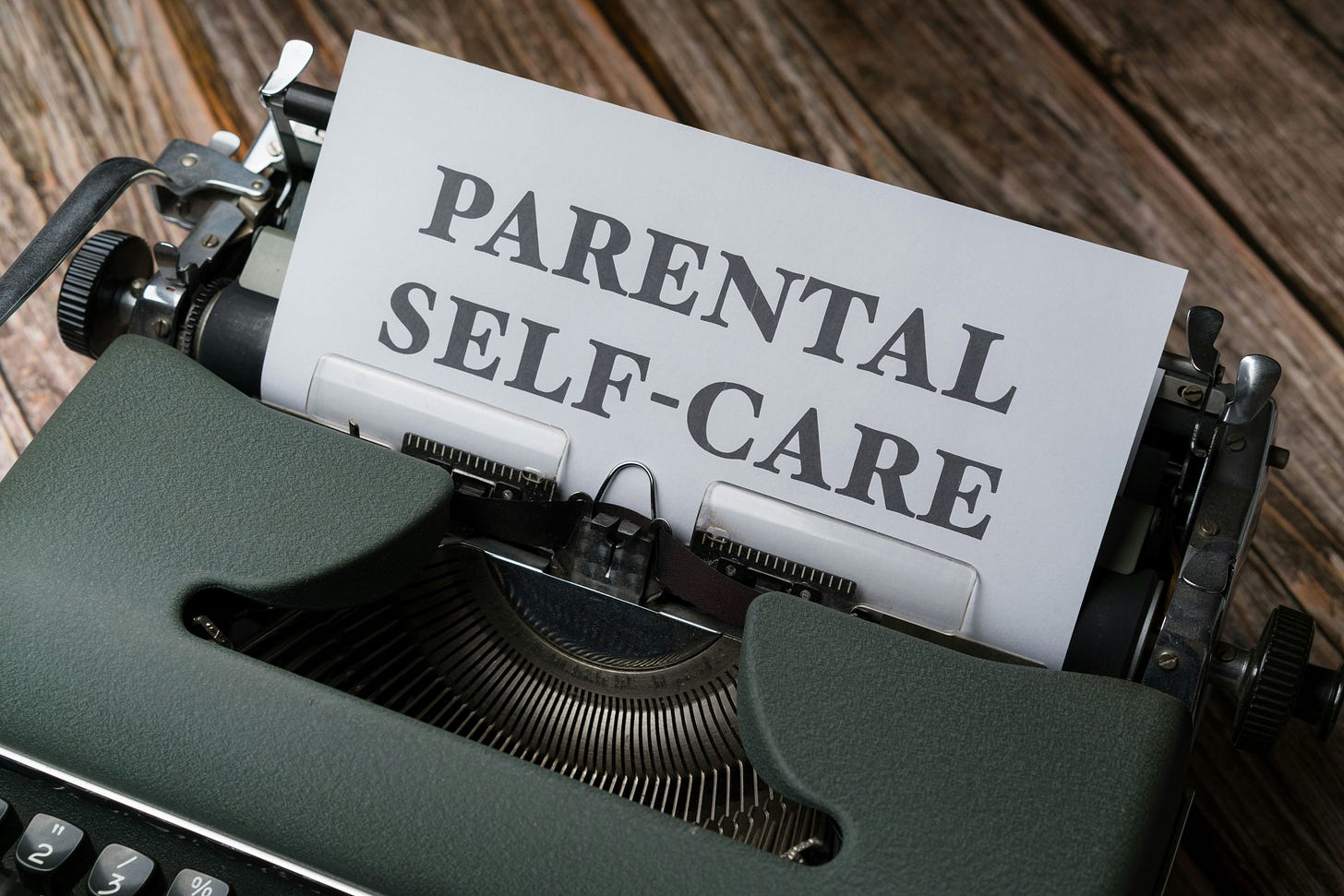How to Cope With Criticism and Judgement as a Parent
Compassion for yourself while caring for another
Becoming a parent is one of the most transformative experiences of our lives. And yet, it often comes with something we didn’t expect in such abundance: other people’s opinions.
From the way you feed your baby, to how you discipline, to whether you work or stay home, parenting choices seem to invite commentary from family, friends, strangers, and the endless scroll of social media. And when you’re already carrying the weight of responsibility, even well-meaning advice can feel frustrating and sometimes, offensive.
Criticism in parenting hurts because it hits us where we’re most vulnerable: the fear that maybe we’re not doing enough, or not doing it “right.” Judgment can make us question ourselves when what we really need is support in other forms, like validation and acceptance.
So, how do you cope with the noise? This is what works for me.
Remember the source
Not all criticism deserves the same weight. Some comes from people who truly care about you and your child, some from cultural expectations, and some from others projecting their own insecurities. Before absorbing a comment, ask yourself:
Is this person someone whose opinion I trust?
Do they know my child, my circumstances, my values? Do they care?
If the answer is no, you can put it down.
Anchor in your values
Every family has its own rhythm, priorities, and needs. When you’re clear on yours, outside judgment has less power. Ask yourself:
What matters most to me in raising my child?
What kind of relationship do I want us to have?
When you lead from your values, criticism becomes background noise instead of a personal attack. It still hurts but it doesn't take hold as it used to.
Separate feedback from shame
Sometimes feedback holds a useful insight, but it gets delivered harshly and insensitively. In these instances, separate the content (is there something here I can learn?) from the delivery (do I need to internalize their tone?). You can take what’s helpful and leave the rest.
Being a parent doesn't make you superhuman. For me, it made me even more vulnerable and sensitive as a person. It's okay to sit with the hurt and allow yourself to observe how expectations from those closest to you have changed as you started this new role.
Protect your emotional energy
You don’t have to explain or defend every choice. Sometimes the healthiest response is a simple “that works for us” and I know that's hard to say to some people. Setting boundaries, especially with people who criticize repeatedly, protects both your energy and your confidence. Some people will respect it, while others will pay no regard. That says more about them, than you. Keeping setting those boundaries. Become a broken record if necessary.
Practice self-compassion
Parenting is messy, imperfect, and full of moments you wish you could redo. Criticism hurts less when you’ve already built a habit of being kind to yourself. When judgment shows up, try responding with the same compassion you’d offer a close friend, “I’m doing my best with what I know right now.”
Children don’t need perfect parents. They need parents who are present, loving, and resilient. By learning to cope with judgment without crumbling under it, you model to your child what it looks like to stand strong in your values while sustaining your own wellbeing.
Parenting isn’t about getting everyone’s approval. It’s about nurturing a life.
The next time you feel the hurt of criticism, pause. Ask where it’s coming from, measure it against your values, and decide if it’s worth carrying. Most of the time, it won’t be.
Your our child needs you, not the chorus of voices around you.
Thank you for reading. I would love to know what resonated with you and what you would add from your own experiences. Please share onwards.
As always, in the spirit of loving-kindness, may you be happy, may you be healthy, may you be safe, and may you live with ease.


